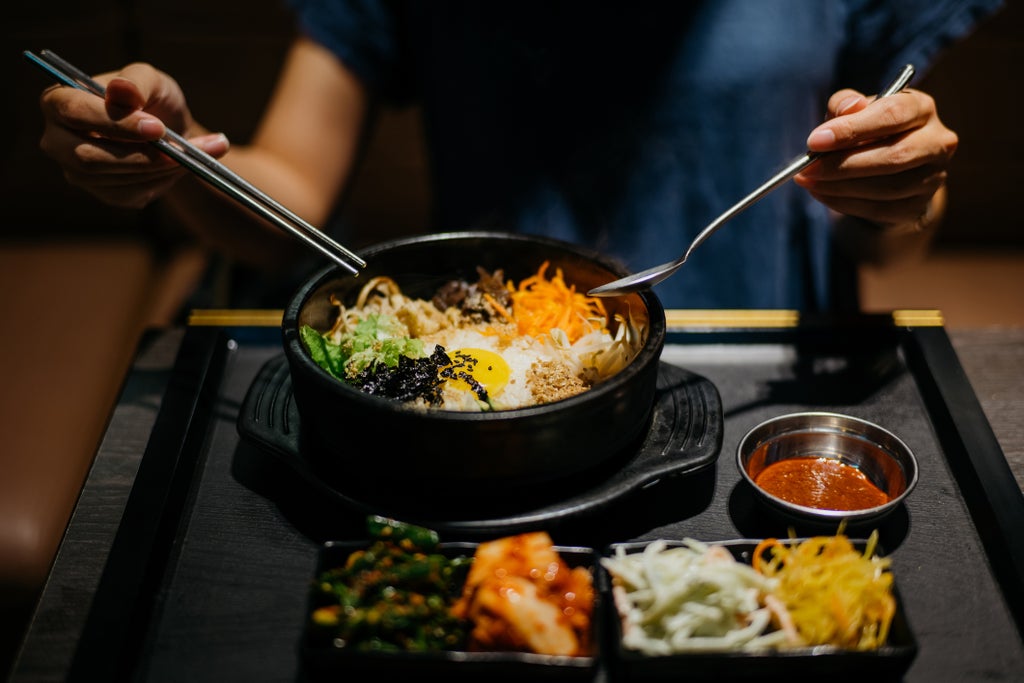
The Oxford English Dictionary (OED) has added more than 20 new words of Korean origin to its latest edition as South Korean culture continues to cement itself into our everyday vocabulary.
The latest update of the OED includes the prefix K-, which is an abbreviation for “Korean” and is “combined with other words to form nouns relating to South Korea and its popular culture”.
Such words include K-pop, K-beauty, and K-drama, all of which are hugely successful industries throughout the world. The word “hallyu”, which means “Korean wave”, has been added and refers to South Korean pop culture and entertainment.
The dictionary said in its definition of “hallyu”: “The increase in international interest in South Korea and its popular culture, esp. as represented by the global success of South Korean music, film, television, fashion and food.
“Also: South Korean popular culture and entertainment itself. Frequently as a modifier, as in hallyu craze, hallyu fan, hallyu star.”
A number of popular Korean dishes have also been added to the dictionary, including “banchan” (small side dishes of pickles and vegetables served with rice), “bulgogi” (thin slices of beef or pork which are marinated then grilled or stir-fried), and “japchae” (a type of stir-fried translucent noodles).
The word “mukbang” also makes an appearance in the new edition, referring to hugely popular videos of people eating large quantities of food while talking to their audience. Mukbang videos have been known to rack up millions of views and have spawned YouTube celebrities.
Several words referring to older features of Korean culture also made it into the update, including “hanbok” (a traditional Korean outfit worn by both men and women), and “Tang Soo Do” (a Korean martial art).
The proliferation of South Korean culture was noted by OED World English editor, Danica Salazar, who wrote: “We are all riding the crest of the Korean wave, and this can be felt not only in film, music or fashion, but also in our language.”
The OED said that adding so many Korean words to its update was a recognition of a shift in how language is adopted, invented and shared outside the English-speaking world.
“The adoption and development of these Korean words in English also demonstrate how lexical innovation is no longer confined to the traditional centres of English in the United Kingdom and the United States,” it said.
“They show how Asians in different parts of the continent invent and exchange words within their own local contexts, then introduce these words to the rest of the English-speaking world, thus allowing the Korean wave to continue to ripple on the sea of English words.”







